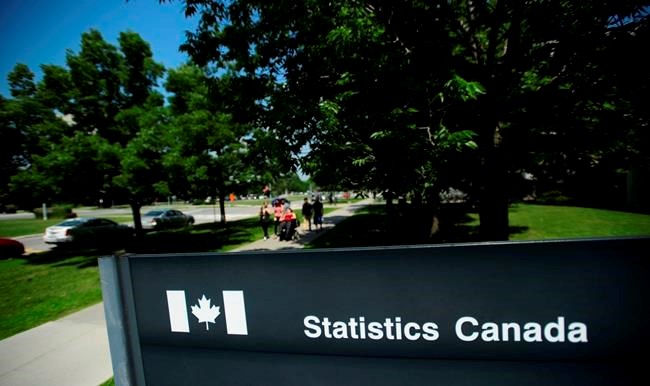The director of a Yukon women's advocacy group says she's not surprised by a new survey that shows more than 60 per cent of the territory's residents reported being physically or sexually assaulted at least once after their mid-teens.
Statistics Canada says more than half of women and men living in Canada's three northern territories reported being victims of at least one sexual or physical assault after the age of 15.
Reports of sexual and physical assault were highest among women and men in Yukon, where 61 per cent of both genders said they were assaulted.
There were fewer reports of assaults in the provinces, where 39 per cent of women and 35 per cent of men said they were also victims.
"So put relatively simply, it's an intersection between the fact that the Yukon is a very recently colonized space, not unlike the other territories, but colonization happened relatively recently compared to the rest of Canada," said Aja Mason with Yukon Status of Women Council (YSWC).
"As a result, there's completely appropriate mistrust of and for governmental institutions, and policing institutions like the RCMP.
"So women, in particular Indigenous women, who have really recent memories and experiences of having their children taken away, not being believed, or being actively oppressed and experiencing massive systemic racism, all of those factors contribute to a sense of mistrust towards the organizations that people might otherwise feel safe to try to pursue justice through."
Mason said 60 per cent of Yukon residents reporting assaults is huge. But as someone born and raised in the region, she's become desensitized to how prevalent assault is in the area.
"It's insane. It is essentially saying that rape culture is thriving in the Yukon. That's what it's basically translating to in my brain.
"It's even more prevalent or even closer to the surface here than in other places."
The survey was conducted in 2018 to find out more about gender-based violence in Canada.
It also says that in Nunavut's largest communities, including Iqaluit and Rankin Inlet, the average number of assaults against men and women was about the same as in all the territories — 52 per cent of women and 55 per cent of men.
The number of reported assaults went down in smaller communities, where 30 per cent of men and women said they had been assaulted.
The report highlights that women were three times more likely than men to be assaulted.
A quarter of women living in the territories were also more likely to report facing certain health issues, using alcohol or drugs or having been homeless after an assault.
LGBTQ women and women with physical or mental disabilities were also among the most vulnerable, as more than 60 per cent of them reported assaults.
This report by The Canadian Press was first published Dec. 2, 2020.
___
This story was produced with the financial assistance of the Facebook and Canadian Press News Fellowship
Fakiha Baig, The Canadian Press



